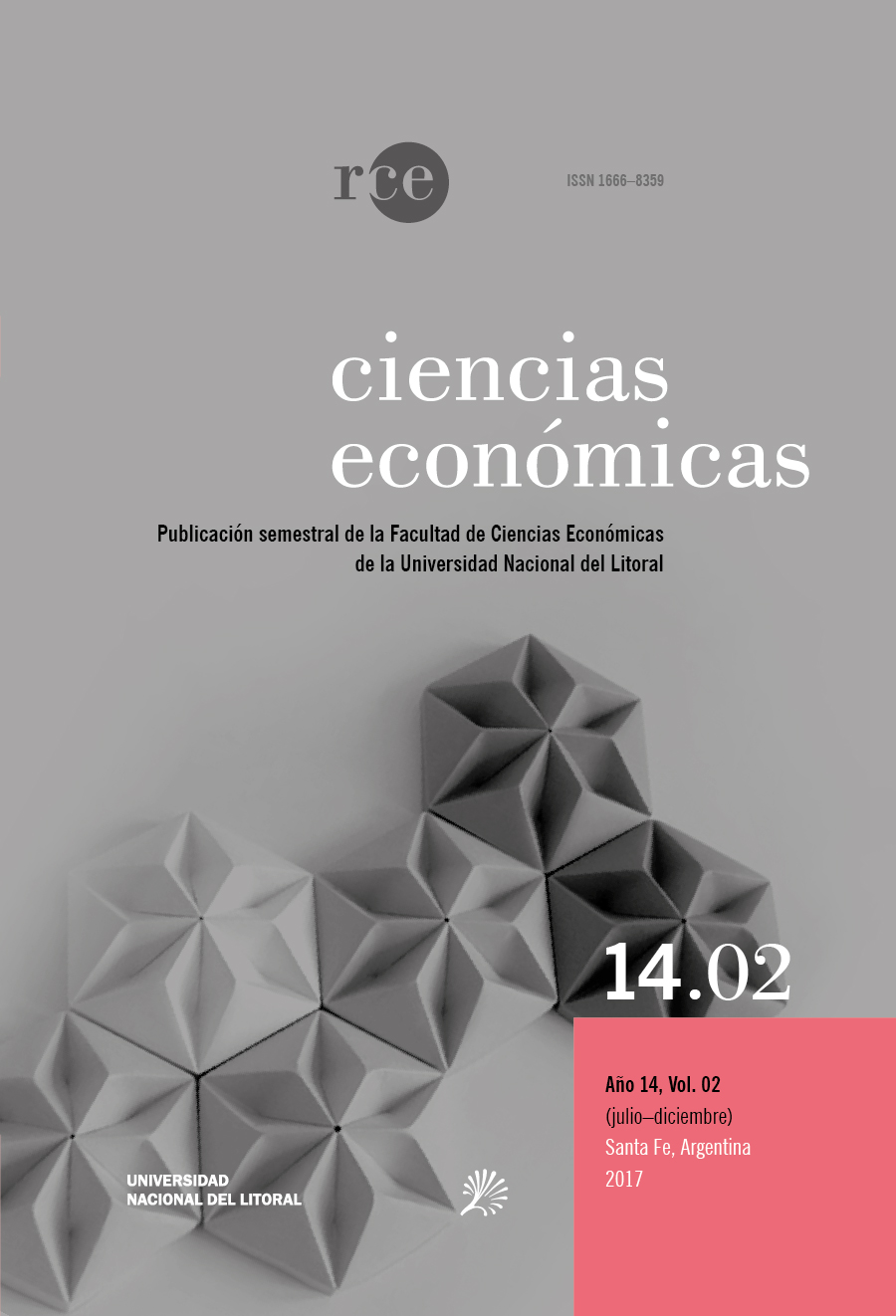The principle of equity: an interpretation of its content
DOI:
https://doi.org/10.14409/rce.v2i0.7241Keywords:
Principle of equity • Justice • Tax reform • Contributory capacityAbstract
This article develops the theory of justice and the fundamental principles of justice formulated by John Rawls (1990), which must be known so that justice can be the basis for any social decision. The article also attempts to relate that concept to equity, defined as justice applied to the specific case of tax obligation. Moreover, the different dimensions of equity formulated by Grazzo and Torres González (1992) are mentioned Then, the concept proposed by García Belsunce (1989) is stressed: equity is a principle of imposition more than a constitutional guarantee. Equity is related to other tax principles such as reasonableness, equality, proportionality, non-confiscation, generality and contributory capacity. Finally, the extent to which principles are compatible and their ultimate relationship with justice and fiscal incentives are analyzed.
Published
How to Cite
Issue
Section
License
Content is licensed according to the terms of the international license Creative Commons Atribución-NoComercial-CompartirIgual 4.0 Internacional.

Articles must have unpublished contents and must be complete. Then, they must not have been sent for publication in any other journal.
Authors who submit their works to Revista Ciencias Económicas give up their Author Rights to the journal, from the moment authors receive the written confirmation that their work has been accepted to be published.
Intellectual Property of the published scientific work belongs to the author or authors. There are no restrictions to the author’s copyright.
Accepted papers must be accompanied by an "Authorization to Publish" document signed by the authors, stating the originality of the document and authorizing the Journal to publish the paper.
Authors are responsible for the scientific content and the points of view included in their articles, with which the publishers do not necessarily agree.











